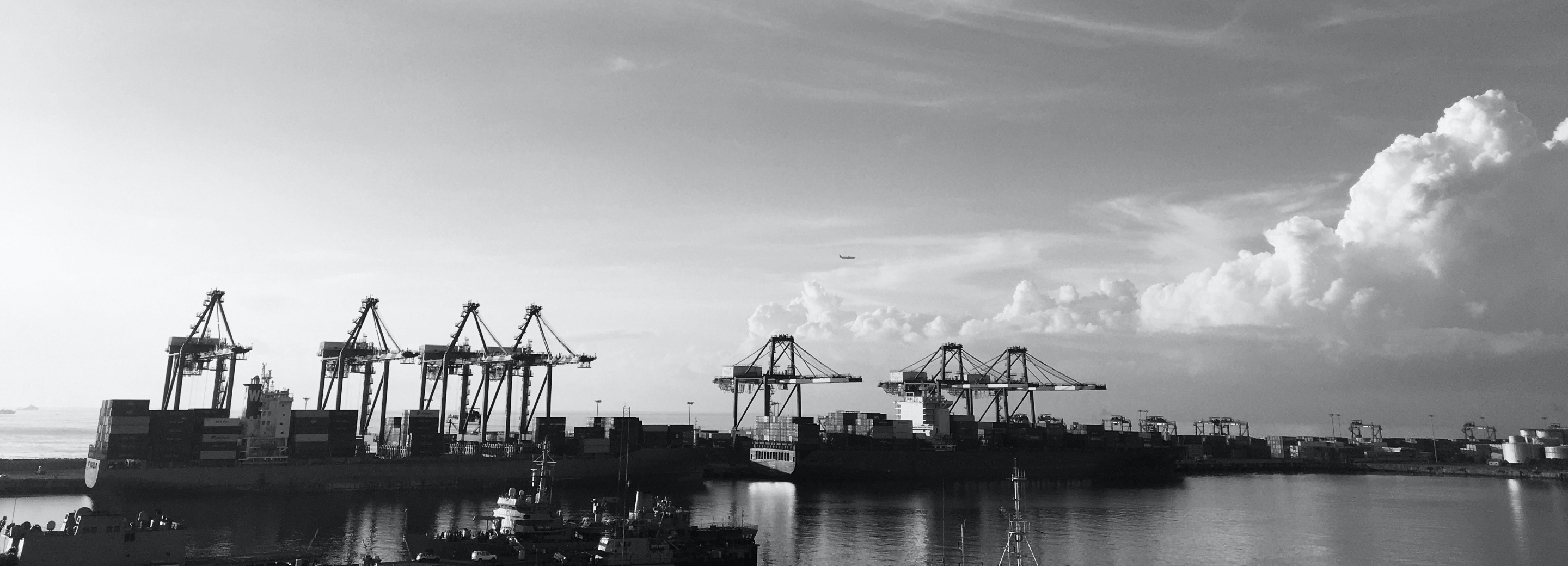
Every year, thousands of transport workers are killed while doing their jobs. Millions more suffer preventable injuries and illnesses due to dangerous working conditions.
On International Workers’ Memorial Day, we honour their memory — and reaffirm our commitment to fighting for the living.
From aviation to fishing, railways to the streets, docks to the seas – workers are still paying the price for a transport industry too often driven by profit, not safety. And in every corner of the industry, ITF unions are demanding change.
A union movement built on safety
Protecting lives and demanding safe, healthy workplaces has always been at the heart of the trade union movement — and always will be. At the ITF, we believe that no job is worth a life.
At the 2024 ITF Congress, affiliates unanimously passed a motion that makes clear: every transport worker has a fundamental right to a safe and healthy working environment. That means protection from the hazards that cause stress, fatigue, injury, illness or death.
Safety is not optional — it’s a right
Every transport worker has the right to come home safe. But across our industries, employers and governments are still failing to take that right seriously. We’re raising our voice to say: enough is enough.
We’re calling on governments to ratify and enforce international safety standards, including:
ILO C152 (Dock Work)
ILO C155 (Occupational Safety and Health)
ILO C161 (Occupational Health Services)
ILO C187 (Promotional Framework)
ILO C188 (Work in Fishing)
ILO C190 (Violence and Harassment)
These aren’t just conventions. They’re lifesaving protections that every worker deserves.
What we’re demanding from employers
Employers must take responsibility for workers’ safety — across every transport sector, every border, and every shift.
We are demanding action now:
Guarantee a safe and healthy working environment for all transport workers – whether directly employed, subcontracted, or working informally across global supply chains.
Work with unions: Safety policies must be developed through negotiation with workers and their representatives.
Make safety inclusive: That means a gender-responsive approach that protects not just physical safety, but also workers’ mental health, wellbeing, and freedom from violence and harassment.
Invest in safety: Employers must provide adequate resources to implement safety measures and ensure all workers – including apprentices, cadets and trainees – have equal access to high-quality OSH training.
Address the full spectrum of risk — including those linked to climate change, cross-border transport, and the introduction of new technologies.
Recognise the commute as part of the job: Safe transport to and from work is a workplace issue, and employers must extend their duty of care beyond the worksite.
No more negligence. No more exploitation. No more silence.
Occupational safety and health is a fundamental right, and we will keep fighting until every worker, in every corner of transport, is safe.
